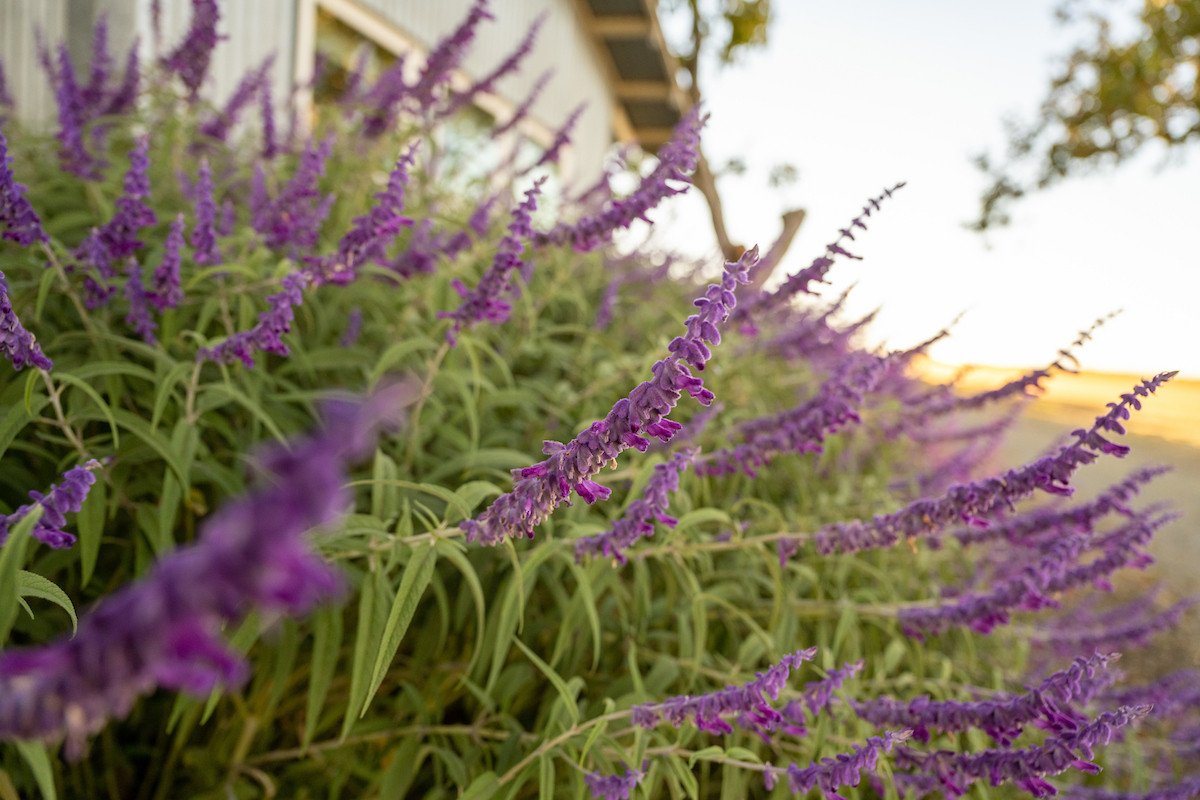AFT and Partners Awarded Grants for Biochar and Cover Crop Adoption
Initiatives Will Help Sequester Carbon, Reduce Greenhouse Gas Emissions and empower producers to adapt to Climate Change
(Washington, D.C.) American Farmland Trust and partner organizations are being awarded several grants to advance adoption of biochar, traditional cover crops and revenue-generating double crops.
Breaking Down Barriers to Biochar Adoption On Farms from Coast to Coast, which will demonstrate regionally successful biochar integration within soil health management systems across farms nationwide, has been selected to receive a Conservation Innovation Grants OFT (On-Farm Trial) award in the amount of $4.5 million from USDA’s Natural Resources Conservation Service.
Scaling the Kentucky Climate-Smart Cereal Rye Cover Crop Initiative, to be awarded $1 million, will advance the adoption of cereal rye as a cover and cash crop in rotation with corn and double crop soybeans to increase farmer profitability, environmental resilience, and rapidly scale on-farm conservation practices.
“We are thrilled to be recognized for our efforts to scale up adoption of cover crops and biochar on farms across the nation, and to be able to leverage this funding for synergies with our current work and Partnerships for Climate Smart Commodities work starting shortly, to remove barriers and scale up the availability, ease, transparency, and access to decision support and assistance for adoption,” said Dr. Bianca Moebius-Clune, AFT Climate and Soil Health Director. “There is no silver bullet for adapting to and mitigating climate change, but biochar and cover crops have unrealized potential to increase carbon sequestration, reduce greenhouse gas emissions, and provide multiple synergistic benefits for building healthy high functioning soils and more resilient agroecosystems across diverse production systems and operation sizes.”
The biochar project supports, demonstrates, and evaluates successful adoption on 34 farms across eight states in regionally important production systems; provides an innovative combination of financial and technical resources, assistance, and networks to participating producers to build capacity and momentum for broader adoption; and facilitates source-market connections.
Applying fit-for-purpose biochars to agricultural soils improves soil health and resilience to extreme weather, while adding stable carbon to soil. Biochar also improves soil water dynamics due to high internal porosity, surface area, and reactivity, which can decrease crop water stress and improve plant available water and water use efficiency in certain soils, building resilience to drought. It also can contribute to climate change mitigation by sequestering carbon in soil and reducing greenhouse gases in some systems.
“The biochar Soil Health Demonstration Trial project is a fantastic opportunity to provide expert technical assistance to innovative farmers to improve the condition and health of their soils with biochar applications,” said Dr. Rachel Seman-Varner, AFT Senior Soil Health and Biochar Scientist. “It will also serve to incorporate more biochar products into the national Biochar Atlas decision support tool, connect biochar and agricultural producers, and demonstrate, across production systems in eight states, that biochar is as an effective tool in the soil health and climate smart toolbox.”
The Kentucky cover crop project will increase cereal rye cover crop adoption in the state by 3,000 acres with 40 producers; evaluate cereal rye market opportunities and efficiencies, quality concerns, and end-user motivations for purchasing climate smart cereal grains; and adapts existing cost-share program pricing structures to an incentive structure.
It will extend outreach to 40 producers across the commonwealth, with 20 percent being from historically underserved groups, who will adopt climate-smart practices over the project period to reduce greenhouse gas emissions and sequester carbon.
“I am excited to continue working in collaboration with partners to re-establish rye as a commercially viable dual-purpose grain and cover crop that is an integral part of the Kentucky grain cropping system,” said Brian Brandt, AFT Agriculture Conservation Innovations Director. “The goal of the project is to continue to assist the development of a thriving rye market through growing a consistent, high-quality grain that renews land, improves soil health, supports local economies, and leverages communities’ connections to their unique heritage.”
In addition to AFT, project partners include Cornell University; University of Nebraska; University of Maine; U.S Biochar Initiative; Myno; Standard Biocarbon; Circularity2; ARS (Agricultural Research Service); Walnut Grove Farms; Brown-Forman; Woodford Reserve; Kentucky Agricultural Development Fund; University of Kentucky College of Agriculture, Food and Environment; Dendri Fund; and Kentucky Small Grain Growers Association.
###
American Farmland Trust is the only national organization that takes a holistic approach to agriculture, focusing on the land itself, the agricultural practices used on that land, and the farmers and ranchers who do the work. AFT launched the conservation agriculture movement and continues to raise public awareness through our No Farms, No Food message. Since our founding in 1980, AFT has helped permanently protect over 6.8 million acres of agricultural lands, advanced environmentally-sound farming practices on millions of additional acres and supported thousands of farm families.




